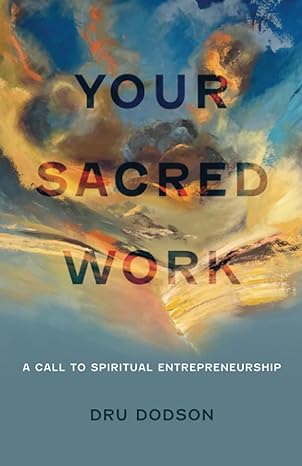Question
The Tech Innovators Corporation (TIC) is a private technology company operating in a rapidly evolving and highly competitive industry. The company's board of directors consists
The Tech Innovators Corporation (TIC) is a private technology company operating in a rapidly evolving and highly competitive industry. The company's board of directors consists of an executive director, who is also the CEO, holding a BA Law degree; and four non-executive directors, including an independent non-executive director, all of whom have backgrounds as apartheid activists. These non-executive directors do not possess formal educational qualifications beyond secondary school education but have extensive backgrounds in social justice and political activism. All six of these directors, in their early 60s, have received training through the company's Board Leadership Masterclass as part of their induction.
The CEO of TIC, Ms. Yonela Smith, initiated a challenge to encourage employees to generate innovative and inventive business ideas related to technology. While several employees participated in the challenge, two employees, Sibusiso and Buhle, emerged as the winners:
Buhle secured the second prize of R10,000 for her innovative enhancement to an existing product, an idea she obtained from her friend and ChatGPT. While Sibusiso, a software engineer, developed a revolutionary technology for a robot with remarkably human-like capabilities, earning him the first prize of R40,000.
Acknowledging the invention's exceptional qualities, both Sibusiso and the company have initiated legal actions to safeguard this creation. However, before these legal measures could be finalized, Sibusiso disclosed partial information about the innovation on his LinkedIn profile following his victory, which subsequently led to disciplinary proceedings due to the premature disclosure. Feeling that the invention is rightfully his, Sibusiso has retaliated by escalating the issue on social media and threatening to divulge more information.
Both Sibusiso and Buhle's solutions, including Sibusiso's robot innovation, are slated to be implemented on a large scale. It was explicitly stated in the Terms and Conditions (TnCs) of the challenge that all intellectual property (IP) rights associated with the submitted ideas would become the property of TIC.
Analyze the ethical considerations and potential challenges related to Buhles friends contribution to her winning idea and the use of ChatGPT. How might the companys implementation of her idea without consent of ChatGPTs owners impact intellectual property and business ethics? Discuss the implications of this scenario for Buhle, the company, and ChatGPTs owner.
Step by Step Solution
There are 3 Steps involved in it
Step: 1

Get Instant Access to Expert-Tailored Solutions
See step-by-step solutions with expert insights and AI powered tools for academic success
Step: 2

Step: 3

Ace Your Homework with AI
Get the answers you need in no time with our AI-driven, step-by-step assistance
Get Started


